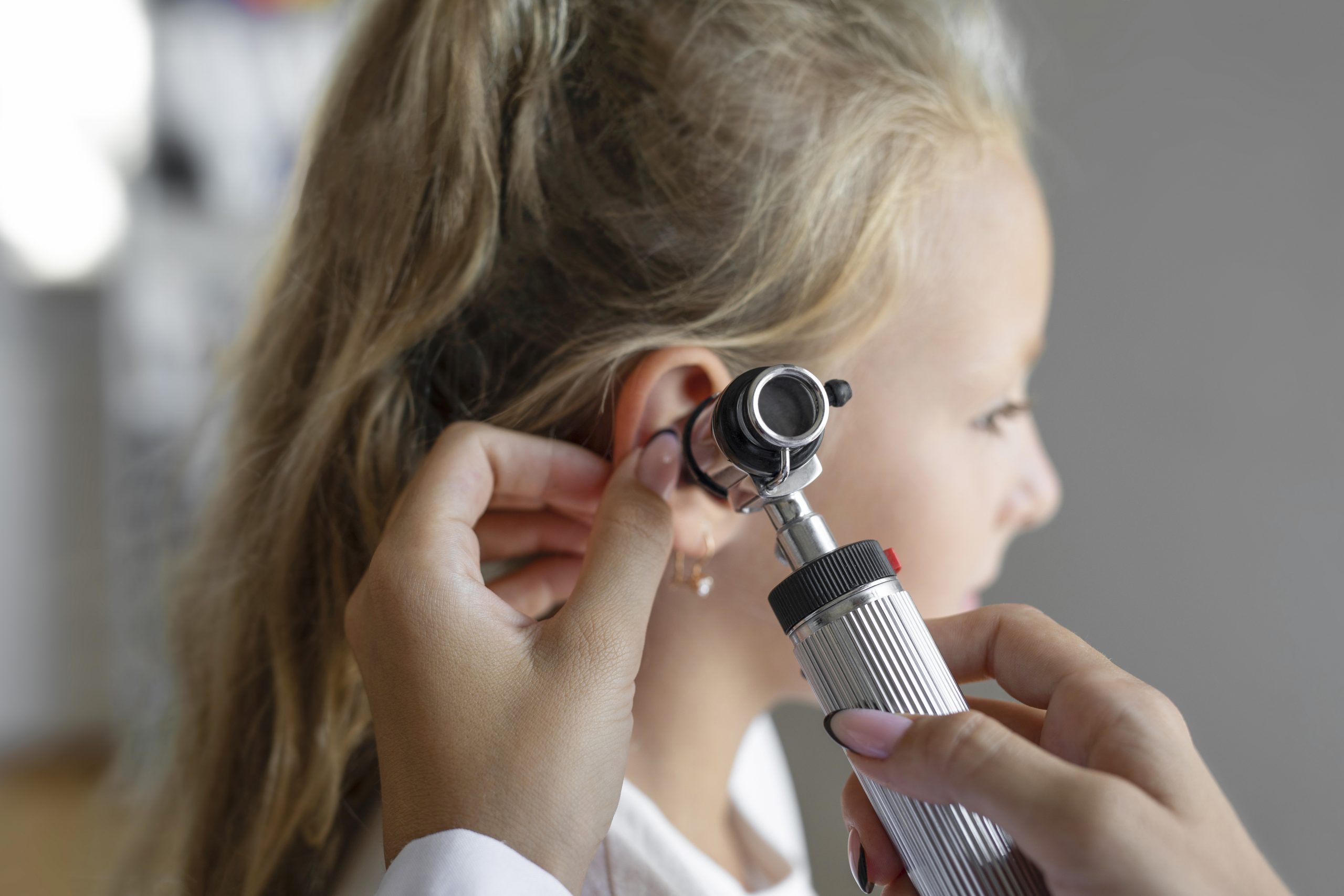Close your eyes for a moment. What do you hear?
Now, imagine the world without the familiar lilt of a loved one’s voice, or the vibrant energy of your favourite song, or the myriad sounds of nature.
For an alarming number of Australians, this isn’t just an imagined scenario, but a lived reality. Hearing loss, once considered an inevitable consequence of ageing, is now affecting more people at younger ages, and at a concerning rate.
In Australia alone, over 4 million individuals navigate life with hearing loss, and this number is expected to skyrocket to nearly 9 million by 2050.
This isn’t just a statistic; it’s a human story. It’s the young musician straining to hear the perfect pitch, the parent missing their child’s laughter, or the grandparent struggling to follow the conversation. It’s the isolation, the frustration and the fear that comes with a world growing quieter.
Rising exposure to recreational noise, untreated ear infections and a lack of awareness about preventative measures are all contributing to the surge in cases.
The impact of hearing loss goes far beyond missed conversations or muffled music. It affects our social connections, mental wellbeing and even physical health.
Atticus Audiologist, Michelle Esparon, notes, “Untreated hearing loss is linked to increased risk of dementia, depression and falls. It’s a domino effect that begins with subtle hearing loss.”
The good news is that 60% of hearing loss in children is preventable through public health initiatives. For those already experiencing hearing loss, there are a wealth of resources and support available.
Hearing aids, assistive listening devices and rehabilitation programs can significantly improve quality of life. Organisations like Hear For You and the National Acoustic Laboratories offer support, information and advocacy.
Remember, hearing loss is not an inevitable consequence of ageing. It’s a treatable condition, and early intervention is key.


